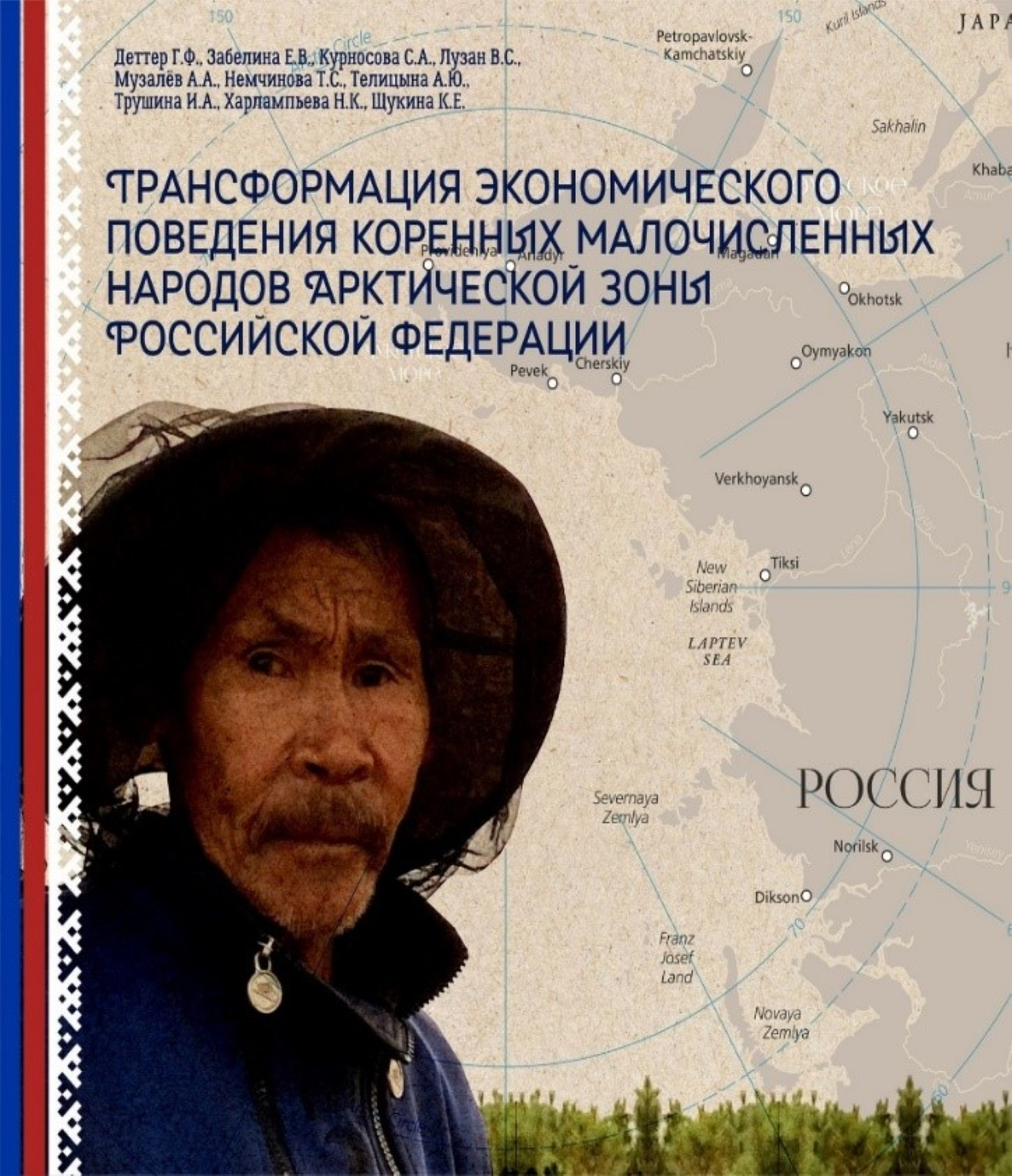Indigenous peoples of the North and drones: St Petersburg University scholars discuss the present and future of the Arctic
The 11th International Forum ‘Arctic: Today and the Future’ has been held in St Petersburg. It offered the participants a large-scale business programme on the Arctic agenda in Russia. Experts from St Petersburg University took part in two sessions.
The International Forum ‘Arctic: Today and the Future’ was opened by Artur Chilingarov, President of the Association of Polar Explorers, Special Representative of the President of Russia for International Cooperation in the Arctic and Antarctic. He noted that the Arctic agenda has drawn unprecedented public interest both in the Russian Federation and overseas. This is of particular importance, given Russia’s Arctic Council chairmanship 2021-2023.
Alexksey Chekunkov, Minister of the Russian Federation for the Development of the Far East and Arctic, presented the first results of the programme for the socio-economic development of the Arctic zone. ‘Since 2020, 338 projects have been implemented in the Arctic, with the total investment and state financial support having reached 1.1 trillion and 94 billion roubles, respectively. This enabled creating 28,000 jobs,’ said Aleksey Chekunkov.
In his address to the Forum participants, the Governor of St Petersburg Alexander Beglov said that the city stands ready to take an active part in the Arctic projects.
Nadezhda Kharlampeva is Associate Professor in the Department of World Politics at St Petersburg University and a St Petersburg scholar specialising in international politics and governance in the Arctic. Nadezhda Kharlampeva took part in the strategic session ‘Soul of the North: sustainable development of Arctic indigenous peoples’. The session covered the issues of preserving and developing the traditional way of life, economy and crafts of the indigenous peoples of the Arctic and amending the legislation of the Russian Federation on the rights of the indigenous peoples of the North. Besides, the experts discussed the challenges of: preserving the ecosystem and natural community of the indigenous minorities of the Arctic in the context of industrial development of the Northern territories; improving the efficiency of traditional economic activities; and protecting native languages of the indigenous peoples.

Transformatsiya ekonomicheskogo povedeniya korennykh malochislennykh narodov Arkticheskoy zony [Transformation of the economic behaviour of the Arctic indigenous communities in the Russian Federation] Ed. by E.V. Zabelina & S.A. Kurnosova. Chelyabinsk: Publishing House of Chelyabinsk State University (in Russian).
Nadezhda Kharlampeva presented the findings of the interdisciplinary research ‘Transformation of the economic behaviour of the indigenous minorities living in the Arctic zone of the Russian Federation in the context of globalisation’ The research was supported by the Russian Foundation for Basic Research (project No 19-013-00394).
During her presentation, Nadezhda Kharlampeva talked about organisation of field work and the procedure for coordinating ethical guidelines for expeditions to the Arctic zone of the Russian Federation with local authorities. She also raised the question of disseminating the research findings on international research implementation platforms.
‘Our domestic and foreign policies regarding Russian Arctic territories and the population inhabiting the area command the attention of researchers and the public worldwide. In this context, we would like to make our own contribution to the research and development of the Arctic community and the polar regions of the Earth – both Arctic and Antarctic. In particular, we would like to be instrumental in the advancement of social and natural sciences’ stressed Nadezhda Kharlampeva.
Boris Ivanov is Associate Professor in the Department of Oceanology at St Petersburg University. He took part in the working session ‘Unmanned and robotics technologies for the Arctic: theory and practice.’ The session covered: potential applications of unmanned vehicles for bulk deliveries of goods to remote mining sites and other infrastructure facilities in the North; the use of drones in search of new deposits; the prospects of underwater robotic geological exploration on the Arctic shelf; and the importance of updating the regulatory legislative framework for unmanned technologies.
The programme of the 11th International Forum ‘Arctic: Today and the Future’ included: two plenary sessions, 52 discussion panels focused on: the goals and main lines of the state social policy of the Russian Federation in the Arctic; economy; infrastructure; science and technology; ecology; international cooperation; provisions for the integrated security of the Arctic region; and the development of creative industries. The Forum summarised the results of Russia's chairmanship in the Arctic Council for 2021.

